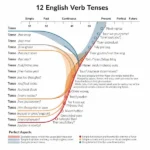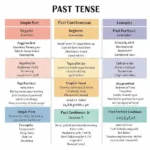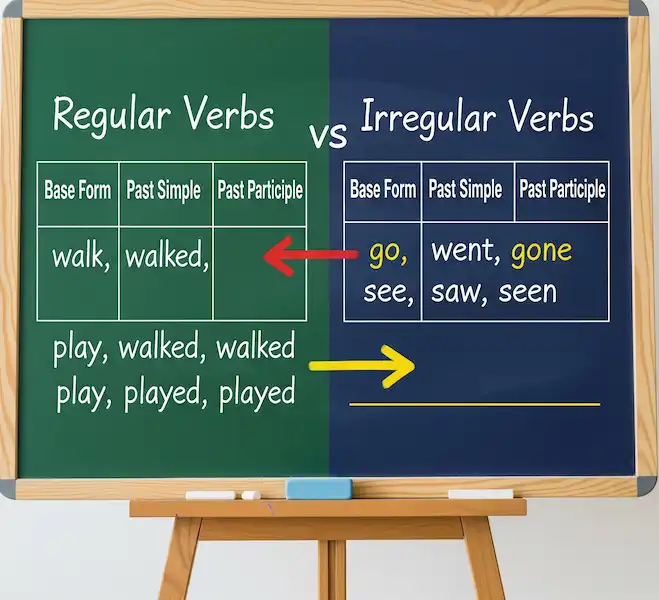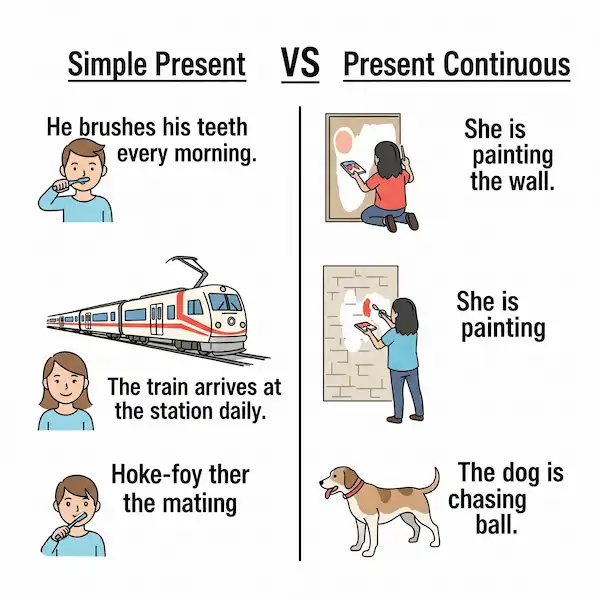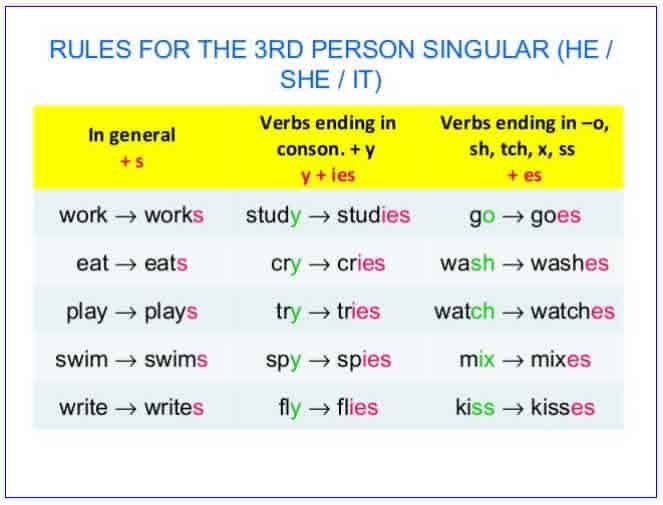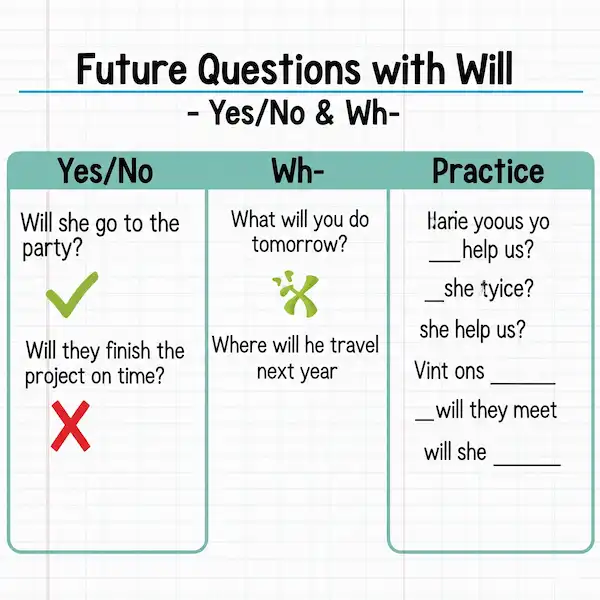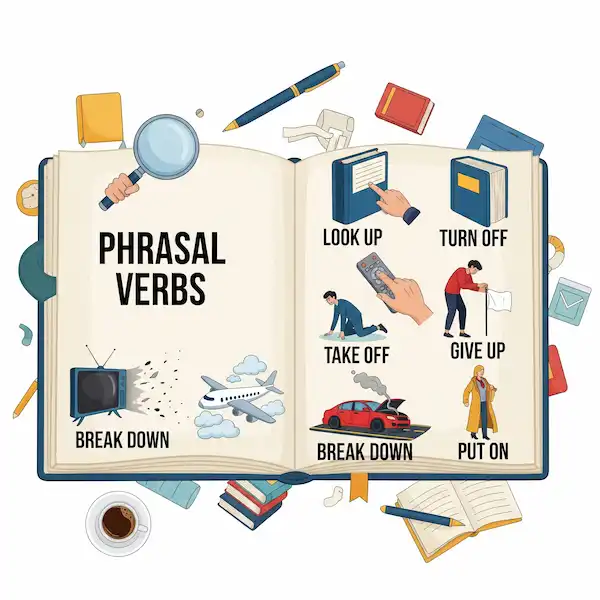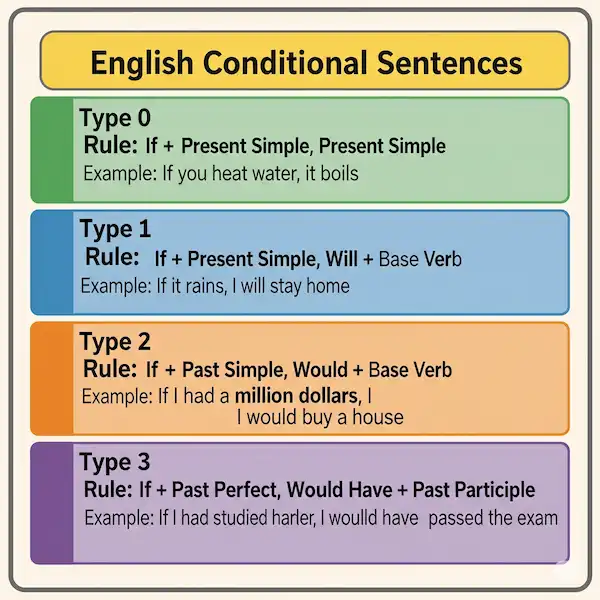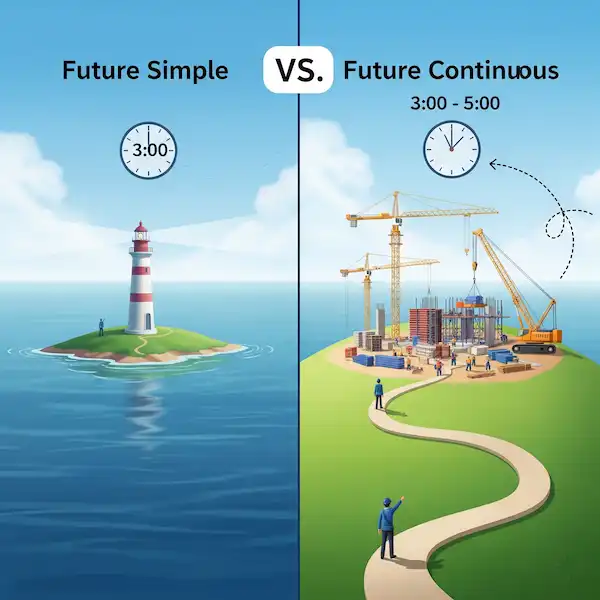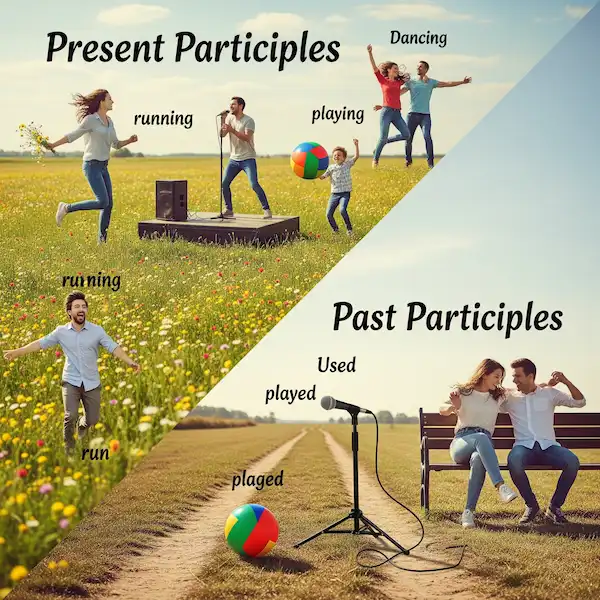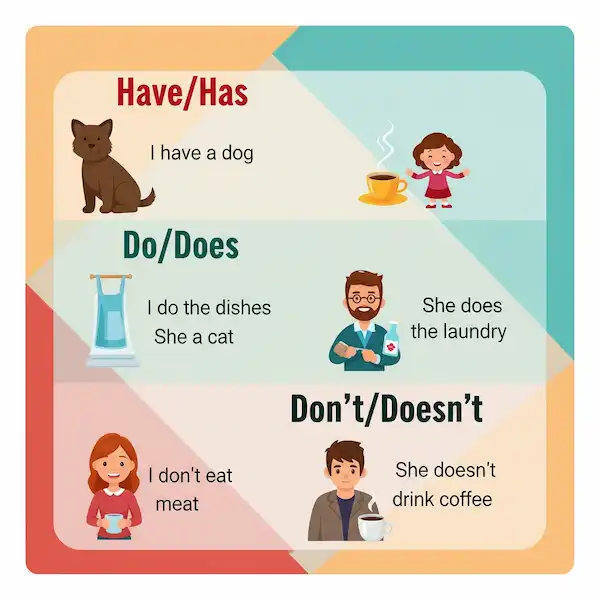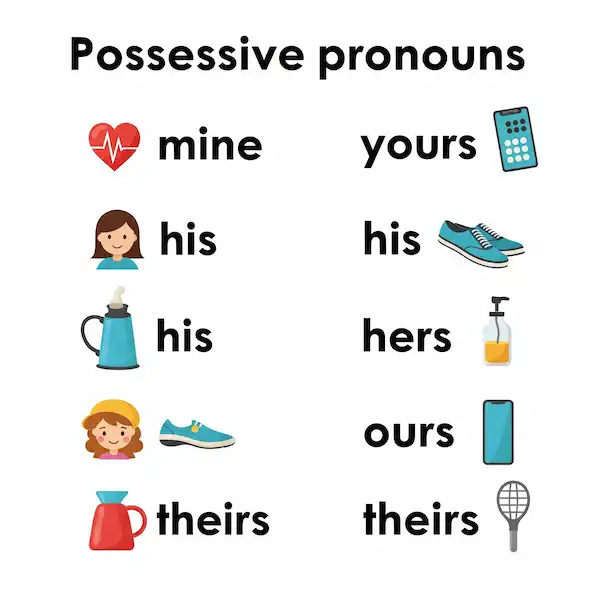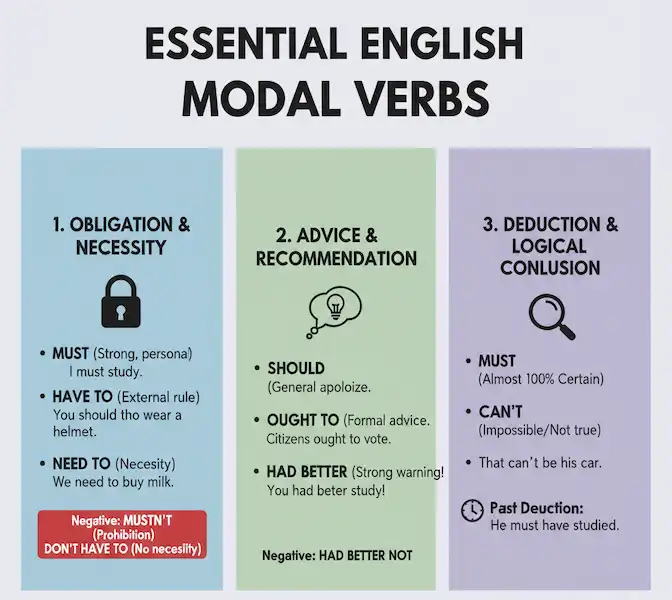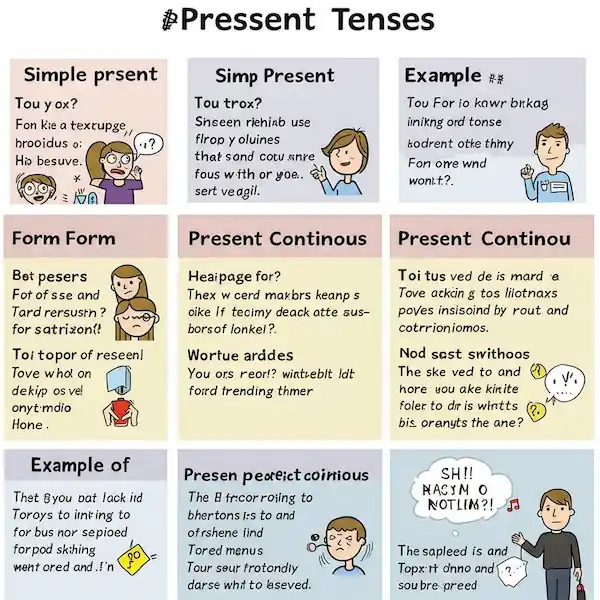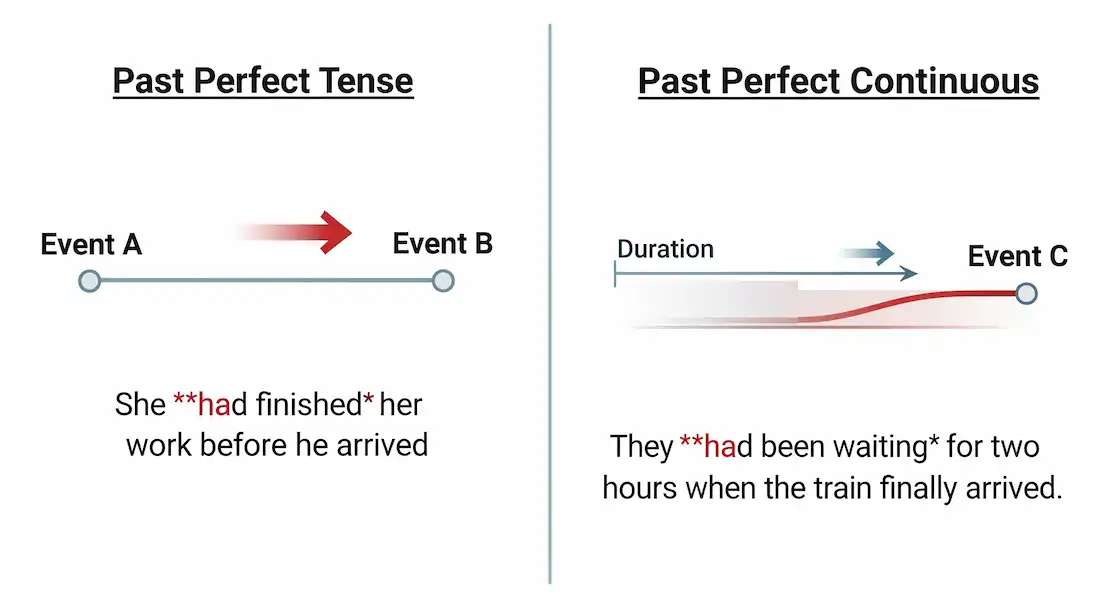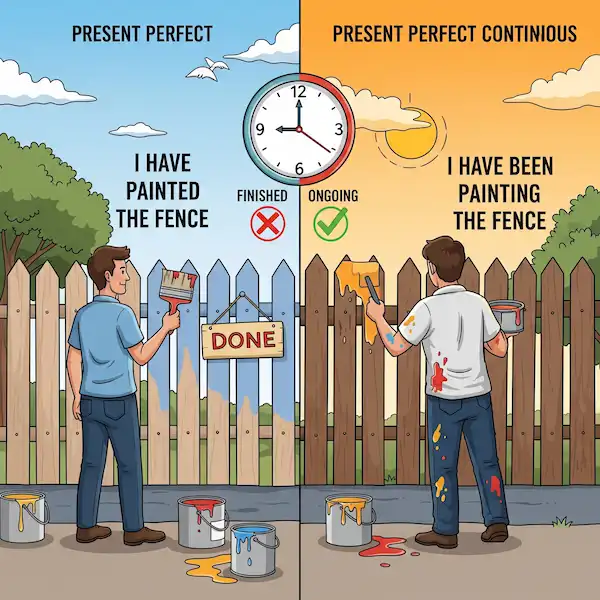Understanding English Time Expressions: “Last,” “Ago,” and “Yesterday”
Hello, English learners! Have you ever felt a little confused when talking about the past in English? Don’t worry, you’re not alone! Today, we’re going to clear up three very common and important time expressions: “last,” “ago,” and “yesterday.” By the end of this article, you’ll be using Last, Yesterday and Ago like a pro!
How to use Time Expressions?
We use many different time expressions when we are talking about when something happened in the past. Time expressions are used in the past tense and are a very common part of daily communication. These past tense expressions use Last, Ago, and Yesterday combined with other words to talk about when we did something, or when something happened – in the past.
Examples:
- The last time I used this chart was one week ago.
- Yesterday morning, I went to the market and bought the same thing I bought last week.
- Last night I went shopping with my new friend I met a week ago.
- I haven’t been shopping since last year.
- Yesterday morning, I was talking to my new friend and we decided to go shopping.
- Last night, we watched a good movie.
“Yesterday” – The Day Before Today
Let’s start with the easiest one! “Yesterday” simply means the day before today.
When to use it: Always use “yesterday” when you are talking about the day immediately preceding the current day.
Examples:
- “I went to the market yesterday.” (This means I went to the market on Sunday if today is Monday.)
- “Yesterday, it rained all day.” (The rain happened on the day before today.)
- “Did you finish your homework yesterday?” (Asking about the day before.)
- “My friend called me yesterday evening.” (The call happened on the evening of the previous day.)
Common phrases with “yesterday”:
- Yesterday morning: “I had breakfast yesterday morning.”
- Yesterday afternoon: “We watched a movie yesterday afternoon.”
- Yesterday evening: “They went out for dinner yesterday evening.”
- Yesterday night: “I slept very well yesterday night.” (Note: “Last night” is more common for the night immediately preceding the present, but “yesterday night” is also understood).
“Last” – The One Before This One
“Last” is used to talk about the most recent occurrence of something in a series. It usually comes before a noun that indicates a period of time (e.g., “week,” “month,” “year,” “Sunday,” “night”).
When to use it: Use “last” when you mean the most recent past instance of a specific period or event.
Examples:
- “I visited my grandparents last weekend.” (This means the weekend before this one.)
- “She started learning English last year.” (She started in the year before this one.)
- “We had a big party last Saturday.” (The Saturday before this current day.)
- “I couldn’t sleep well last night.” (The night before this morning.)
- “What did you do last Christmas?” (The most recent Christmas.)
Important note about “last”:
- You generally do not use “the” before “last” when it’s used with time expressions like “last week,” “last month,” “last year.”
- Correct: “I saw her last week.”
- Incorrect: “I saw her the last week.”
“Ago” – Counting Back from Now
“Ago” is used to say how much time has passed since something happened, counting back from the present moment. It always comes after the period of time.
When to use it: Use “ago” when you want to specify a duration of time that has passed since an event.
Structure: [Amount of time] + ago
Examples:
- “I ate breakfast two hours ago.” (It’s now 11 AM, so I ate at 9 AM.)
- “They moved to this city five years ago.” (They moved five years before today.)
- “The movie finished ten minutes ago.” (The movie finished ten minutes before this exact moment.)
- “We met a long time ago.” (A non-specific but distant past.)
- “She called me three days ago.” (She called me three days before today.)
Comparing “last” and “ago”:
Let’s look at the difference with an example:
- “I went to the beach last week.” (Means the week before this one, e.g., if today is Monday, July 28, 2025, it means sometime between July 20-26, 2025).
- “I went to the beach a week ago.” (Means exactly seven days before today, e.g., Monday, July 21, 2025).
While sometimes they can seem similar, “ago” is more precise about the duration from the present moment. “Last” refers to the most recent instance of a time period.
Additional Helpful Content
- Practice, Practice, Practice! The best way to master these expressions is to use them. Try to make a few sentences every day about what you did yesterday, last week, or an hour ago.
- Listen to Native Speakers: Pay attention to how people use “yesterday,” “last,” and “ago” in movies, TV shows, and conversations. You’ll notice patterns!
- Don’t Be Afraid to Make Mistakes: Everyone makes mistakes when learning a new language. The important thing is to keep trying!
- Keep a Journal: Write down what you did each day, using these new time expressions. This is a great way to reinforce your learning. For example:
- “Yesterday, I cooked dinner.”
- “Last night, I watched a funny video.”
- “I woke up eight hours ago.”
This chart shows the words that go with each time expression.
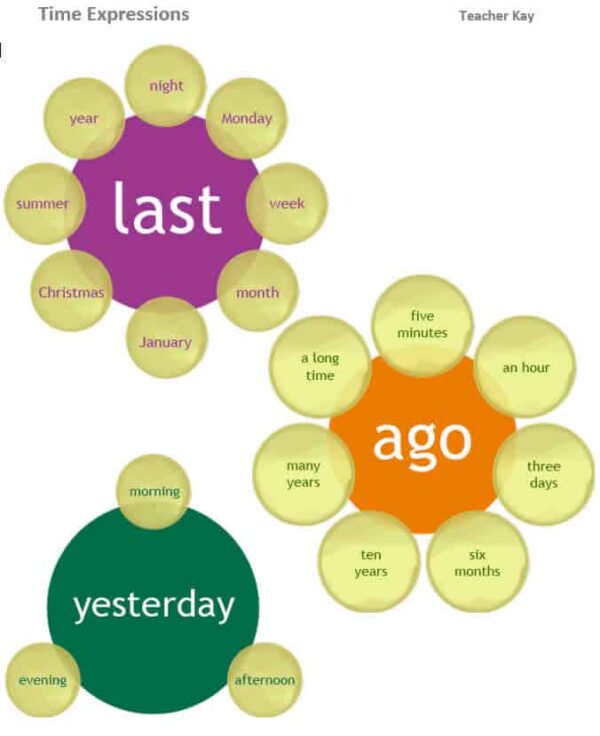
It is important to remind you that when using past tense time expressions, that you should also be using past tense verbs.
Here is a PDF document that you can download to practice using time expressions in sentences. The answers are on a separate page.
Additional Helpful Information
- More information about Past Tense – Past Tense – Simple, Continuous and Perfect
- Learn about time expressions – future tense – Time Expressions Future Tense
External Links for Authoritative Sources:
To learn more and deepen your understanding, here are some excellent and authoritative resources:
- British Council – LearnEnglish: This website offers a wealth of free resources for English learners, including grammar explanations and exercises.
- Cambridge Dictionary: A comprehensive dictionary that also provides clear grammar explanations and example sentences.
- Oxford Learner’s Dictionaries: Another fantastic resource for definitions, grammar, and usage for English language learners.
We hope this article has helped you understand “last,” “ago,” and “yesterday” better! Keep practicing, and you’ll be speaking about the past confidently in no time! Good luck with your English learning journey!


